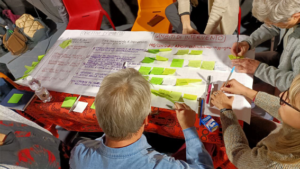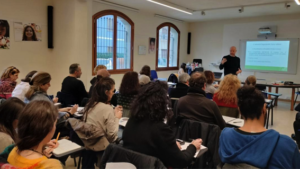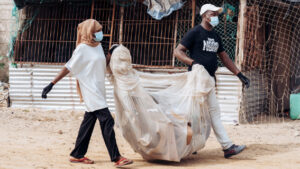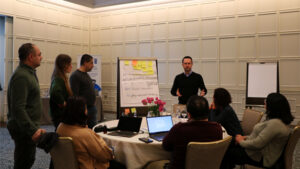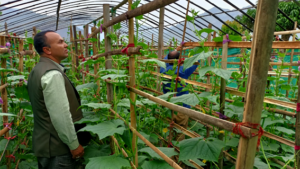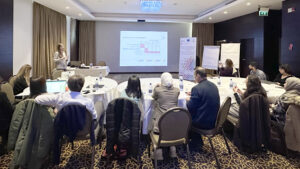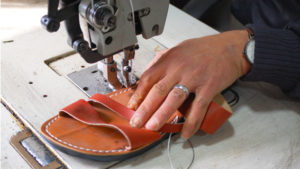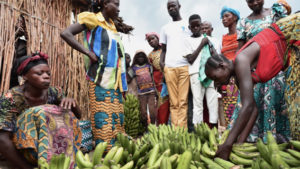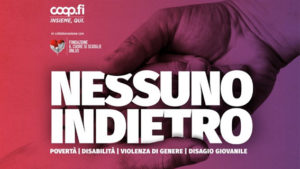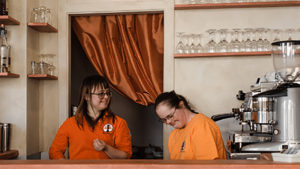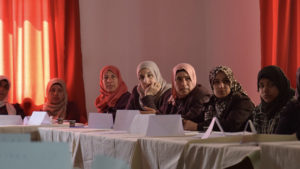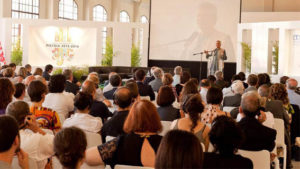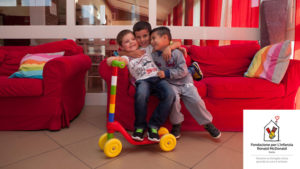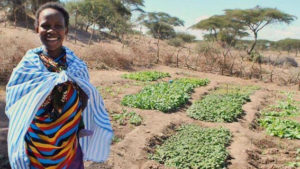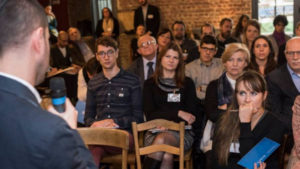SIRCLES, fostering inclusive employment opportunities in the Circular Economy sector
| economia circolare impego imprese sociali rifiuti organici
Title SIRCLES –Supporting Circular Economy Opportunities for Employment and Social Inclusion Location Spain, Greece, Palestine, Jordan, Lebanon, Tunisia, Italy Duration 2021- 2023 Project leader Waste Agency of Catalonia Partners Formació I Treball Empresa d’Inserció S.L.U (Training and Employment Labour Insertion Company, Catalonia), National Technical University of Athens (Greece), Organization Earth (Greece), House of Water and Environment (Palestine), EDAMA Association for Energy, Water and Environment (Jordan), Rene Moawad Foundation (Lebanon), Tunisia ECOTOURISM (Tunisia), Italian Composting and Biogas Association (Italy) and PIN S.c.r.l. Scientific and Educational Services for the University of Florence (Italy). |
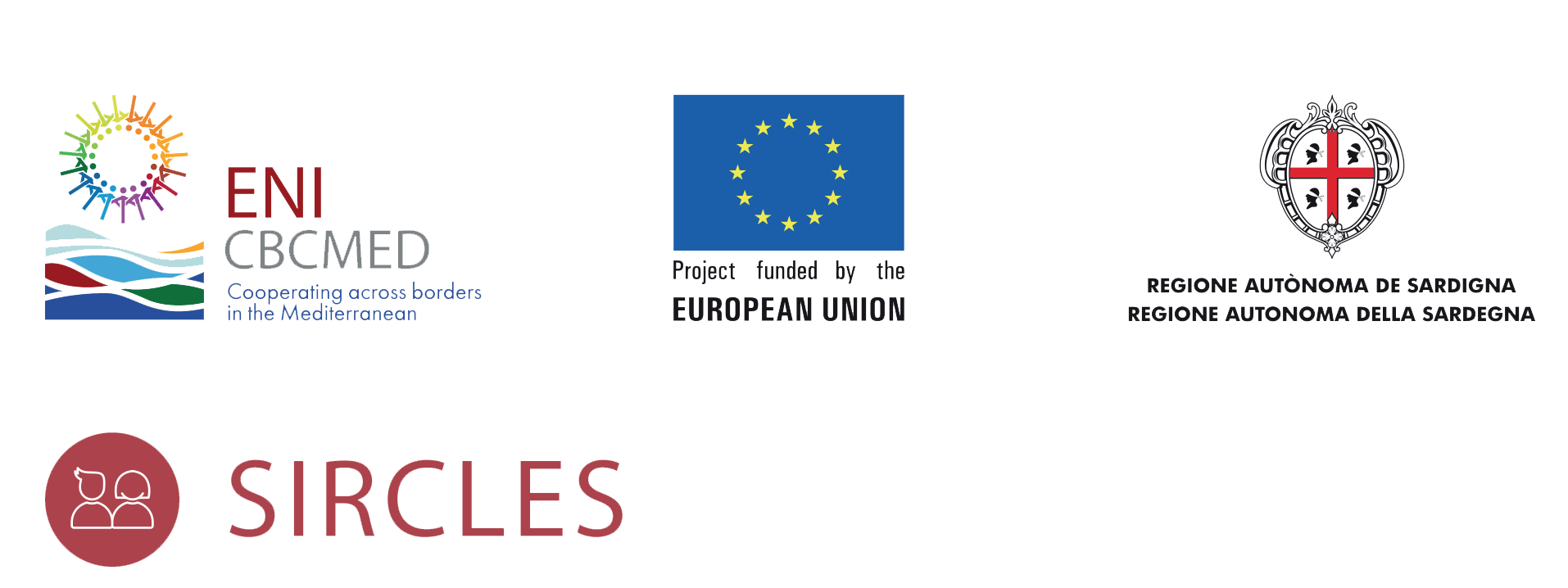 |
|---|
Context
The Mediterranean’s high unemployment rate, especially among the youth and women, has serious economic and social repercussions. At the same time, the area suffers from a combination of different environmental challenges that further affect peoples’ livelihoods. The recognised potential of the Circular Economy (CE) sector to create jobs and boost the economy, whilst safeguarding the environment (EC and ILO), has encouraged this large partnership of social inclusion stakeholders and organisations from the civil society, public and private sectors coming from Greece, Italy, Jordan, Lebanon, Palestine, Spain and Tunisia.
General objective
SIRCLES overall objective is to contribute to the alleviation of poverty and the social inclusion of NEET and women, providing them with skills and jobs in the CE and bio waste management sectors in partnering regions.
Our contribution
ARCO will elaborate a local assessment and strategic planning toolkit to accompany and support project partners in identifying and engaging multiple stakeholders from across sectors and in catalysing Circular Economy actions, i.e., defining the food supply, bio waste and farming scenarios that frame the particular business model and strategy to follow in each partnering region. In this regard, ARCO will also review the action plans for each Circular Economy pilot intervention in partnering countries which will demonstrate, with limited investment, the significant capacity of the circular bio waste sector to create jobs.
The pilots will be used also as a training platform, giving practical learning opportunities to trainees in bio waste separation at the hotels’, restaurants’ and household kitchens, collection, management of the composting site, and farming. To complement the technical training, ARCO will deliver an online Training of Trainers (ToT) in Entrepreneurship.
The final objective of the ToT will be to provide NEETs and women with knowledge and skills on sustainable and inclusive entrepreneurship and business start-up and, ultimately, to encourage participants to develop their own circular business idea following SIRCLES business model. Trainers from all SIRCLES project countries will learn how to effectively deliver a theoretical and practical entrepreneurial training on core concepts, competences, and tools such as sustainable and inclusive business, business model design, market analysis, Business Plan, communication, and marketing, among others. A key feature of ARCO’s training methodology is its participatory approach, fostering participants’ ownership and confidence. Once completed the ToT course, trainers will then deliver, in turn, the training to SIRCLES final beneficiaries in all partner countries.
Also, to ensure sustainability, replicability and capitalization of SIRCLES experience, ARCO will coordinate the process leading to the elaboration of a Policy Toolkit for Circular Economy Employment and Training. The latter will showcase policy recommendations on how to promote the SIRCLES model and, more broadly, to advise policy communities (public bodies, CSOs, think tanks, etc.) on how to promote “Green Jobs” opportunities for the most vulnerable social groups.
Finally, ARCO intends to strengthen the entrepreneurial skills of the beneficiaries in order to foster the emergence of new enterprises in the field of circular economy, ensuring their sustainability through a sub-granting mechanism for new or existing social enterprises and cooperatives willing to replicate or improve their business models.
Discover the Policy Toolkit here:
Read more on our Social Economy Unit


